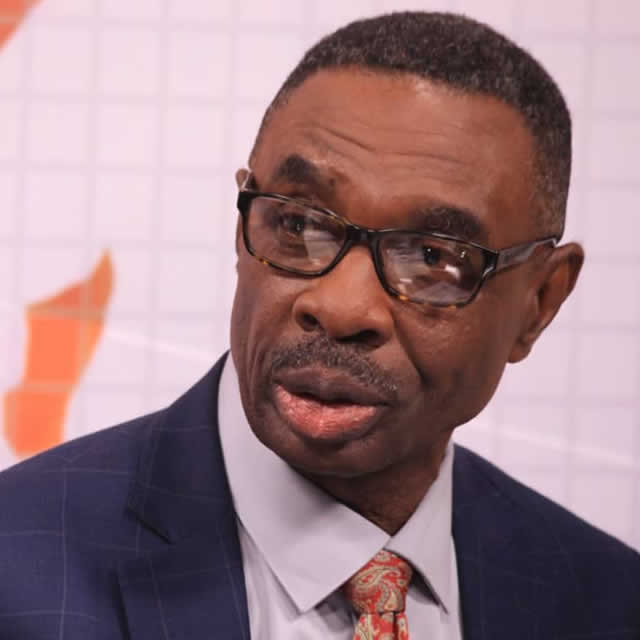The establishment of a unified financial sector ‘super’ regulatory body comprising existing regulators – the Bank of Ghana, Securities and Exchange Commission, National Pensions Regulatory Authority (NPRA) and National Insurance Commission – has been mentioned as a crucial step toward restoring trust in the financial sector and fortifying its long-term stability.
Despite all these regulatory bodies being part of the Financial Stability Council, Dr. Sam Mensah – a financial economist and investment banking consultant, has argued that under the current regulatory framework watchdogs tend to operate in silos. This approach, he explains, has failed to adequately address the growing interconnectedness among sub-sectors within the financial sector.
This proposal was discussed during a development dialogue session organised by the Institute of Statistical Social and Economic Research (ISSER). The session focused on the theme ‘Ghana’s public debt management: facts, impact and the way forward’.
Dr. Mensah stated rebuilding trust within the financial sector will be a gradual process, and one of the ways to achieve this is by strengthening financial sector regulation – emphasising that consolidating financial sector regulation under a unified authority will provide a holistic view of the entire sector, taking into account the increasing interdependence among its various sub-sectors.
“It has been suggested that financial sector regulation should be consolidated with a unified financial sector authority, so the regulator can have a bird’s-eye view of the entire sector that reflects the increasing interconnectedness of financial sub-sectors. Some of these models exist elsewhere, and it is probably time to open this discussion on how we can restructure the financial sector’s architecture to improve levels of trust in the system,” he said.
This topic of restructuring financial sector regulation has gained traction globally, as countries grapple with evolving dynamics in the financial world and perceived inadequacies of existing regulatory structures.
While the proposal can be viewed as duplication of duty, it is believed that with a super-regulator, the GH¢60.8billion losses recorded by the Bank of Ghana in 2022 would have been curbed. Other instances wherein some financial sector regulators delayed publishing their annual reports could also have been avoided if there was a unified regulator overseeing their activities.
An IMF working paper from 2020 lists a number of benefits including reach, efficiency and flexibility. It however cautions that changing regulatory structures alone may not guarantee improved supervision, stressing that strengthening regulatory capacity should be a priority before considering structural changes.
“To be effective, the structure of regulatory systems needs to reflect the structure of markets that are regulated… Hence, strengthening regulatory capacity needs to be given attention ahead of issues regarding regulations’ structure,” a portion of the paper co-authored by Richard K. Abrams and Michael W. Taylor reads.
Dr. Mensah stated that regulatory consolidation should be complemented with the introduction of a financial sector trust index and financial sector ombudsman. The former would measure the overall public level of trust in financial institutions, with the latter serving as an independent and impartial dispute resolution tool to help consumers resolve complaints against financial institutions.
Building generational trust
The consultant also drew attention to the financial sector’s heightened volatility compared to the overall economy. He pointed out that empirical data suggest the financial sector is almost three times more likely to be impacted by shocks than the overall economy.
This volatility has been exacerbated by the financial sector clean-up’s aftermath and the recent Domestic Debt Exchange Programme (DDEP), contributing to a sense of doubt in the sector.
The financial economist is concerned that the current level of mistrust for financial institutions might require a generation to correct – akin to what happened in the 1980s.
“Looking back at the seizure of individuals’ and businesses’ bank accounts during the revolutionary period of the 1980s, which took a generation to recover from, it might take another generation for effects from the events of 2020 and the DDEP to fade from memory and see a steady upward trajectory,” he estimated.










